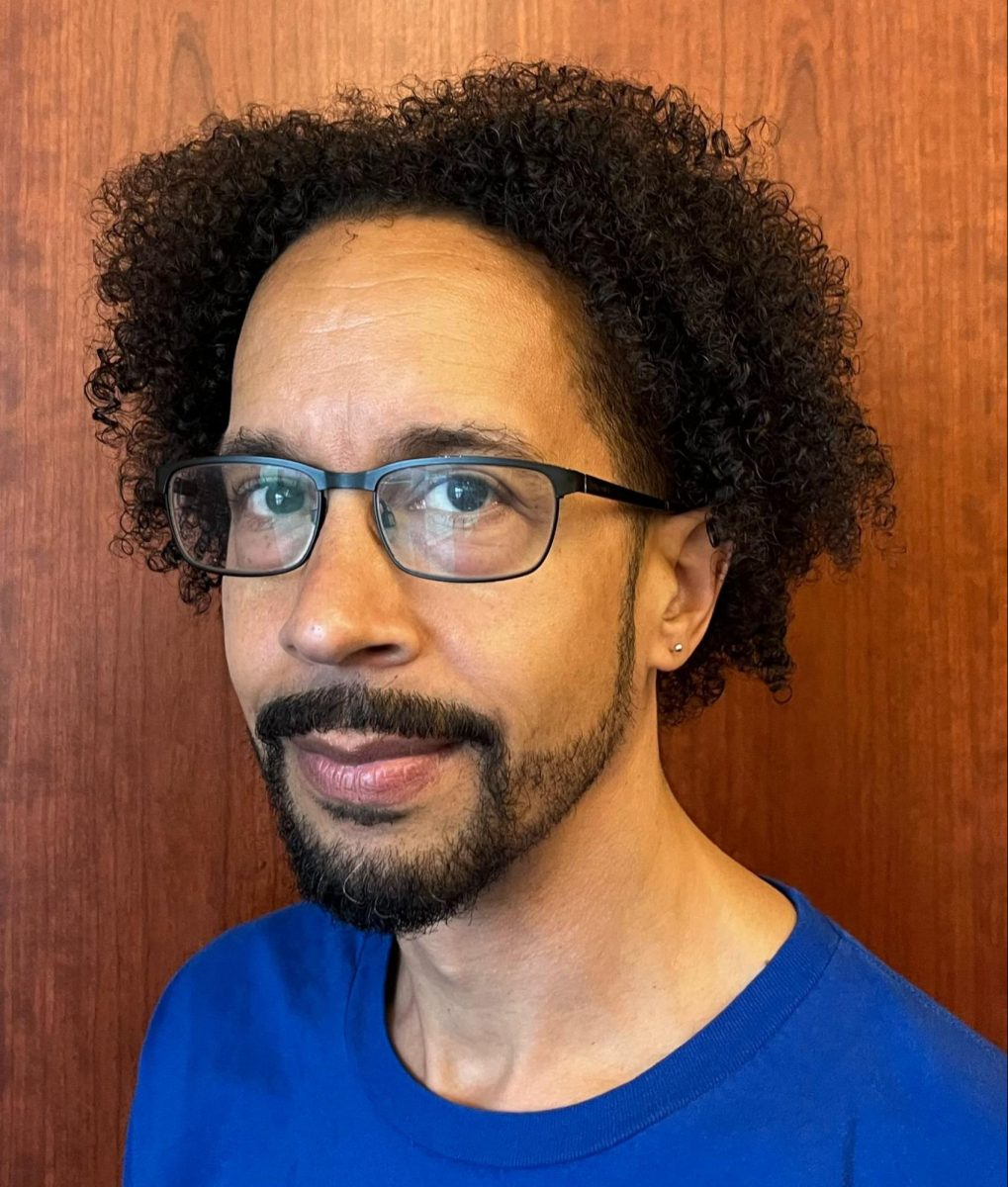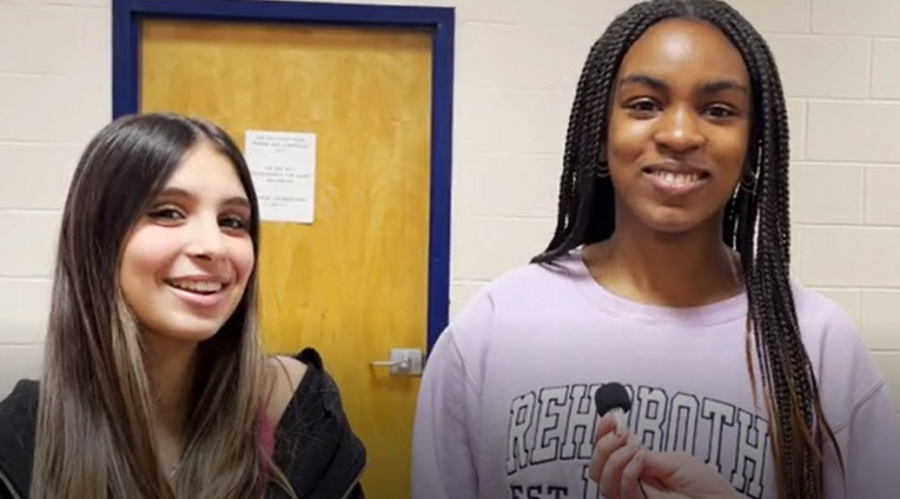PIPA and SOPA were drawn up to counter the problems of Internet counterfeiting and piracy by setting definitions of – and punishments for- online theft. When they appeared before Congress on Wednesday, January 18, the Web went wild. In addition to Google’s dramatic online petition, Wikipedia staged a blackout- the Internet form of a sit-down strike- in which all links were redirected to a stark black screen that implored users to “Imagine a World Without Free Knowledge.” Craigslist, Mozilla Firefox, Wired, WordPress, and PerezHilton.com were among the many other popular sites that joined in the protest. Congress was all but forced to delay voting because of all the opposition from the American people. However, the citizens who so feared being cheated out of their Internet were actually cheated out of something much more important.
Most Americans in this age are more aware of what media giants like Google and Wikipedia are doing than Congress. It’s doubtful that any significant percentage of the more than 7 million people who signed Google’s petition actually looked up the bills on Congress’s website. If we want information, we turn to Google. Or to Wikipedia. Or, sometimes, even to PerezHilton.com. And regardless of whether PIPA and SOPA would be good for our country, we deserve the right to unbiased information- or, at the very least, two sides of an argument- before making a decision. That definitely did not happen on January 18, when all the resources we trust were telling us to oppose the bills.
The American democracy is founded on equality and the chance for everyone to express their opinions. But this right is slashed in half when people can only base their opinions on one-sided propaganda that is passed off as pure information. America has placed our trust in the Internet, and while we were trying to defend it on January 18, it double-crossed us.



